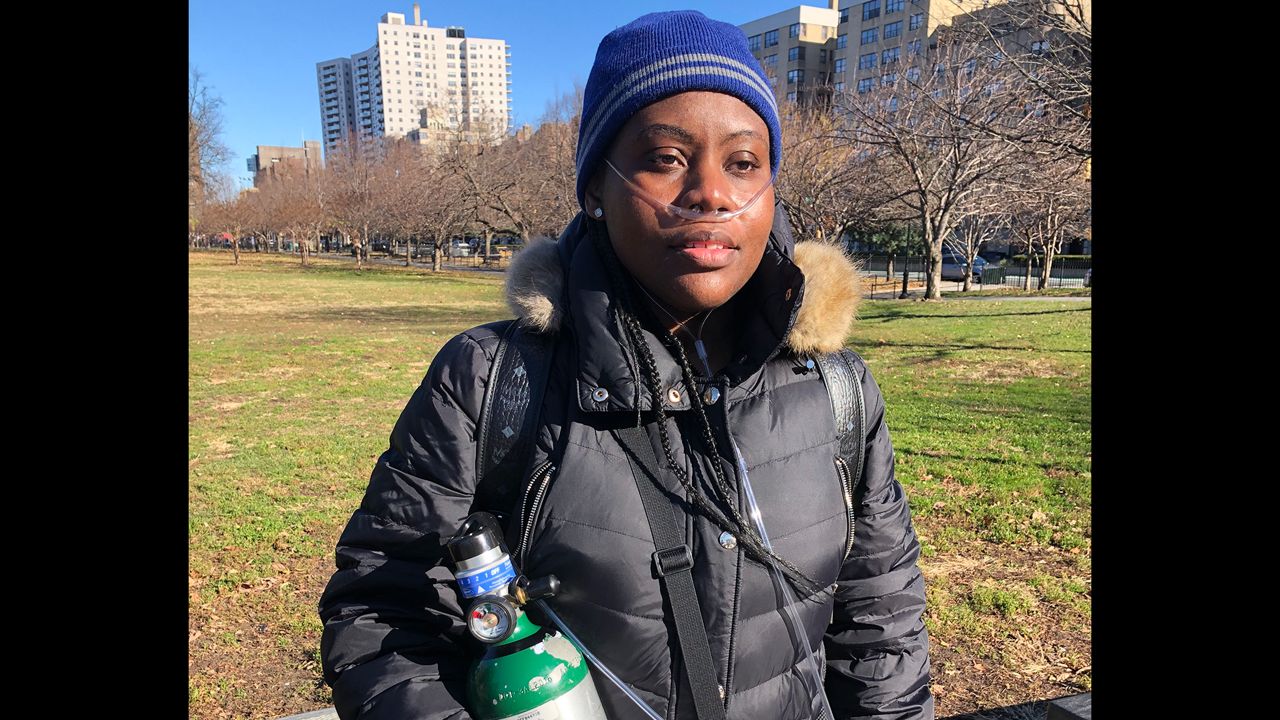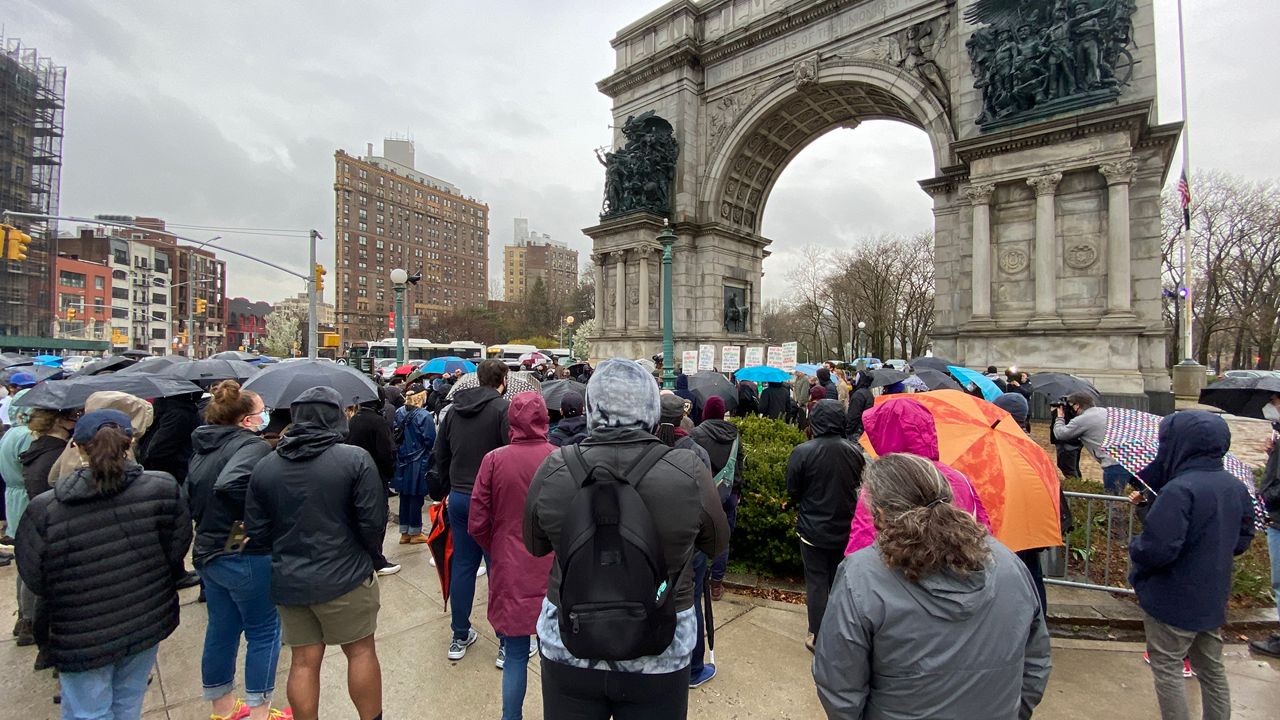It's been one year since the death of beloved NYPD Detective Steven McDonald. For the first time, the special detail of officers assigned to McDonald, his partners in every way, are speaking about the experience of working with -- and caring for -- him. Criminal Justice Reporter Dean Meminger filed the following report:
Before he died a year ago, NYPD Detective Steven McDonald personally touched and inspired people and police officers with his story of survival and forgiveness.
A 1986 shooting left him paralyzed from the neck down and needing a ventilator to breathe. He lived that way for 30 years until he died on Jan. 10, 2017.
"It was very emotional for me — it probably still is to this day," NYPD Detective Andras Cserenyi says. "You are lucky if I don't tear up now and get a little emotional."
For the first time, NYPD detectives who assisted Detective McDonald every day are speaking publicly about his life, his death, and what he meant to them.
"It is hard to believe that I walk into the house almost on a daily basis, I see his wheelchair, and I think he is upstairs in bed," Cserenyi says. "And I'll go upstairs and I know he's not there, and it's is an emotional experience."
McDonald's wheelchair remains in the nursing area of his home. Over the years, ten officers were assigned to partner with McDonald on a rotating schedule.
For them, he was more than a partner; he was family that they cared for emotionally and physically. They were his arms and legs, not only driving him to appearances and appointments, but dressing him and even helping him get out of bed. All of them are certified EMTs.
"He really tried to move mountains to get there. Medically and stuff, for him to get out of bed wasn't like you or I; it took a lot of effort and it was a lot of pain he went through," NYPD Officer Patrick Fanning says. "He was the strongest guy I will ever meet. He meant a lot to me."
On what the officers call McDonald's wall of memories, there are pictures of him from his career before and after the shooting, along with pictures of him with celebrities, popes, and children.
"He captivated grammar school children up to adults, so he spoke to any and everyone, and they all listened," says NYPD Lt. Christopher Pizzo.
McDonald died of a heart attack after developing breathing problems. Just a few weeks before his death, I was with him and his son Conor, an NYPD sergeant.
We followed Steven McDonald as he spoke with police officers about being safe and forgiving others, as he did the teen who shot him.
The officers that assisted Detective McDonald still come to his Long Island home to help his family. That's because the McDonald family continues to spread his message of peace and forgiveness.
"Being around Steven, you don't have a choice but to be closer to your faith," Cserenyi says.
A year after his death, these officers still feel very close to their NYPD brother.









